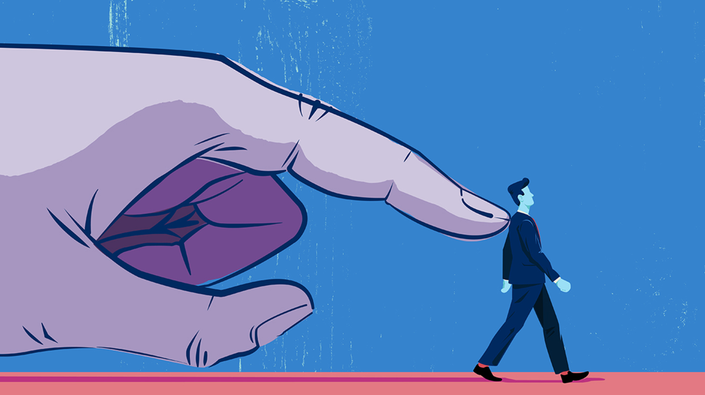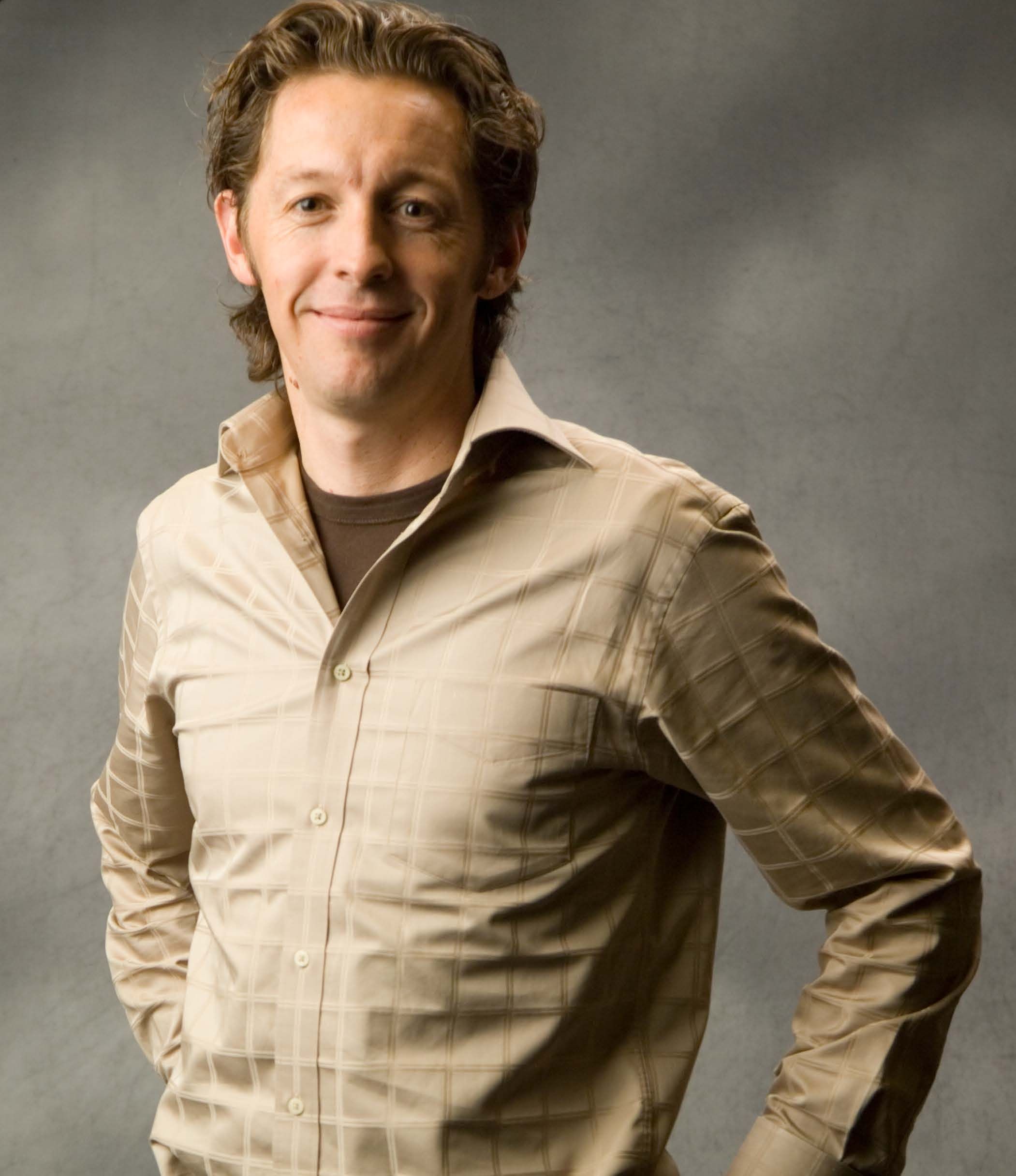
Nudge Tactics for Health Coaching
A Health & Wellness Coach’s guide to the science of behavioral economics. (3 CECs for NBHWC accreditation)
Watch Promo
This CE course is approved by NBHWC for 3 continuing education units (CEP # 100087).
This short, self-paced course is an introduction to the science of behavioral economics applied to health and wellness coaching. Using new insights from behavioral science, psychology, and neuroscience, this course examines new evidence of how people actually make decisions about their health and provides evidence-based techniques to help persuade, nudge, and motivate clients to change their behavior.
Learning Objectives.
On completion of this course, students should be able to:
- Describe the concept of Behavioral Economics (BE) applied to health behavior change and differentiate it from traditional health behavior change approaches.
- Compare and contrast different modes of thinking that influence client motivation and decision making.
- Describe different types of cognitive bias as barriers to behavior change and how they can be reduced or circumvented among coaching clients.
- Apply the science of self-control to increase willpower and reduce relapse in behavior change.
- Apply the science of habit formation to healthy and unhealthy behaviors.
- Describe how motivation, ability, and triggers interact to predict the likelihood of health behaviors occurring.
Your Instructor

Dr. Simon Marshall is Founder of Oh Behave Consulting, and Braveheart Health & Fitness, LLC., in San Diego, California.
I help people perform consistently well in high stress environments and use evidence-based science to optimize patterns of thinking, feeling, and doing -- all for better health.
The boring bit for those obsessed with credentials...
I’m a former professor of Behavioral Medicine at the University of California, San Diego, and Professor of Sport & Exercise Psychology at San Diego State University. I have an BSc(hons) degree in Sports Science, a Master’s degree in Kinesiology, and PhD in Sport & Exercise Psychology (2002, Loughborough University, UK). I completed a post-doctoral fellowship in Behavioral Medicine at the British Heart Foundation National Center for Physical Activity & Health, and a post-doctoral International Fellowship in Physical Activity and Public Health at the University of South Carolina and Centers for Disease Control and Prevention (CDC).
I have published over 100 peer-reviewed scientific articles and book chapters about the science of behavior change and have been cited in the scientific literature over 10,000 times. I've been the recipient (with colleagues) of over $25 million in US Federal research grants examining how to help people change their behavior in order to live healthier and happier lives.
The less boring bit:
I am an internationally renowned expert in the psychology of sport, exercise, physical activity and health with a focus on (i) changing behavior, and (ii) psychological skills training for resilience and enjoyment in sport. I'm a frequent invited keynote speaker at international conferences and think tanks on health behavior change and have served as an invited expert panelist for the US National Institutes of Health, the Centers for Disease Control and Prevention, and the American Cancer Society.
I'm the co-author of the best-selling book: The Brave Athlete: Calm the F*ck Down and the Rise to the Occasion (VeloPress, 2017) - a guide for real people to build more confidence, grit, and enjoyment in their sport. From 2016-2017 I was the performance psychologist for the BMC professional cycling team, and when I'm not writing or speaking about psychology and performance, I'm frantically busy being average in cycling and triathlon, and being the Sherpa-husband to my wife, Lesley Paterson, a 5-time world champion professional triathlete. Whatevs.
Course Curriculum
-
StartIntroduction to Principles of Behavioral Economics (3:15)
-
StartPrinciple 1: The BRAIN FIGHT (20:55)
-
StartPrinciple 2: YOU'RE BIASED. (21:35)
-
StartPrinciple 3: THE SCIENCE OF SELF CONTROL. (9:05)
-
StartPrinciple 4: HABITS. (18:35)
-
StartPrinciple 5: The BMAT MODEL. (6:20)
-
StartCOURSE QUIZ - 10 multiple choice questions. You must answer at least 8 correctly.
